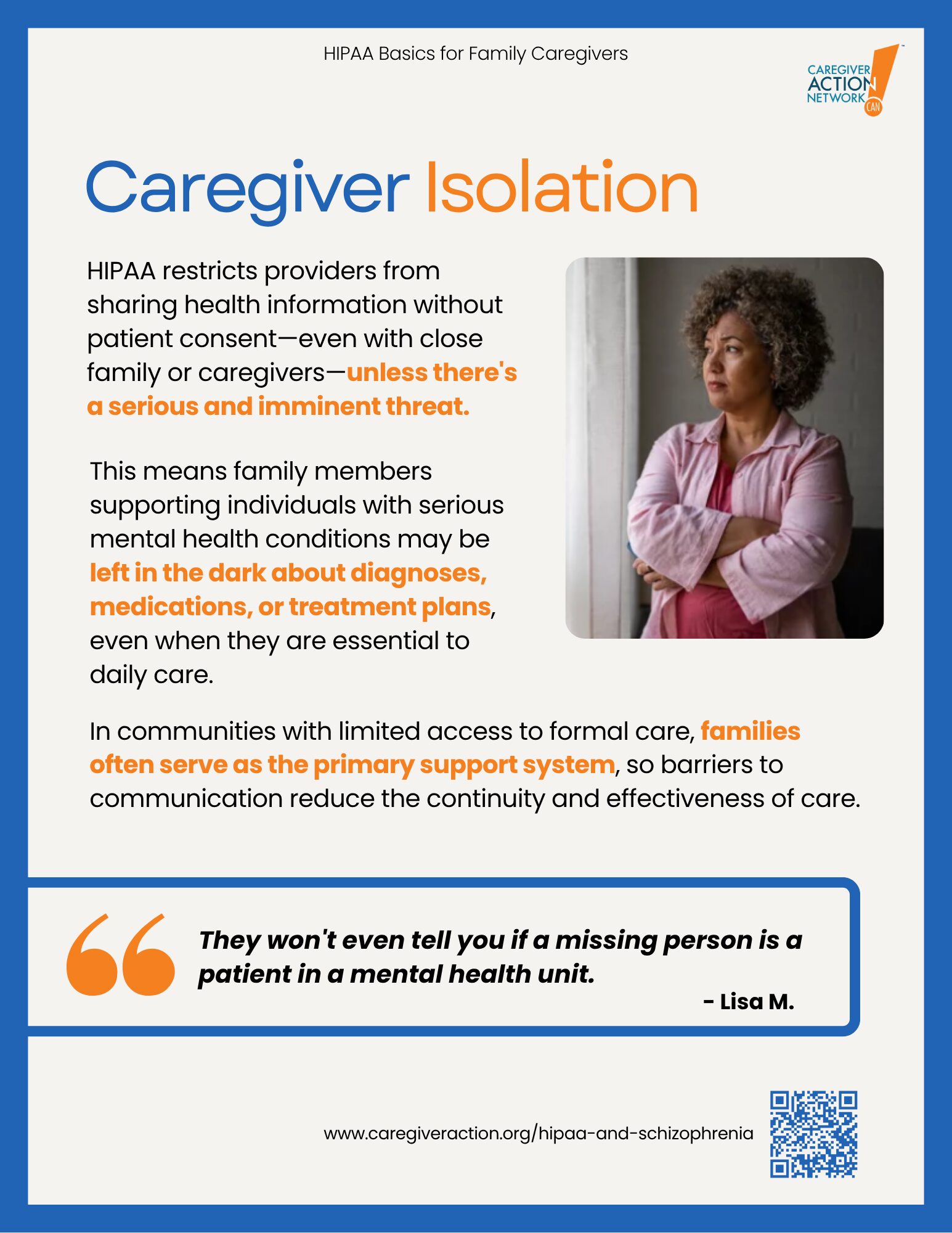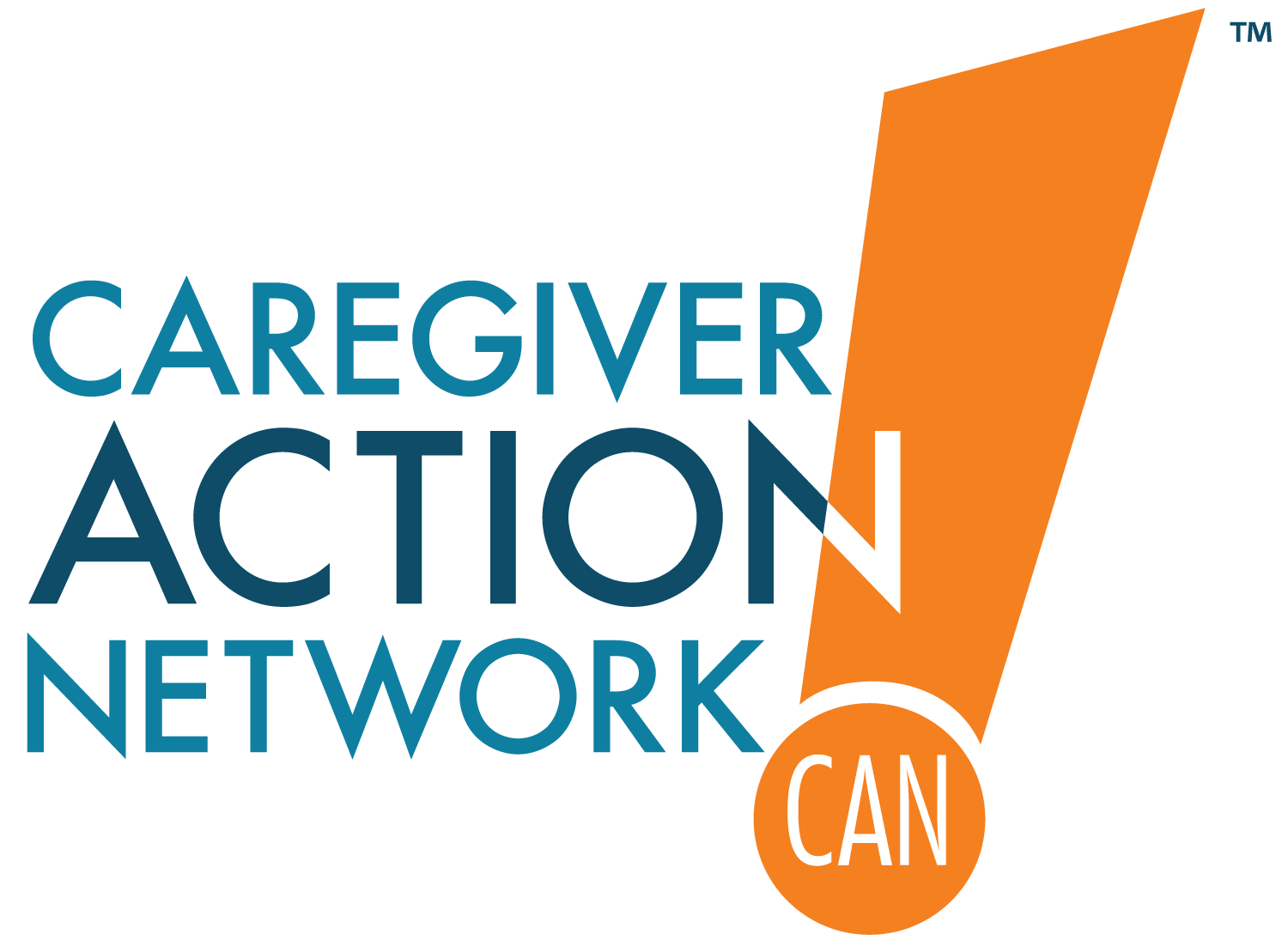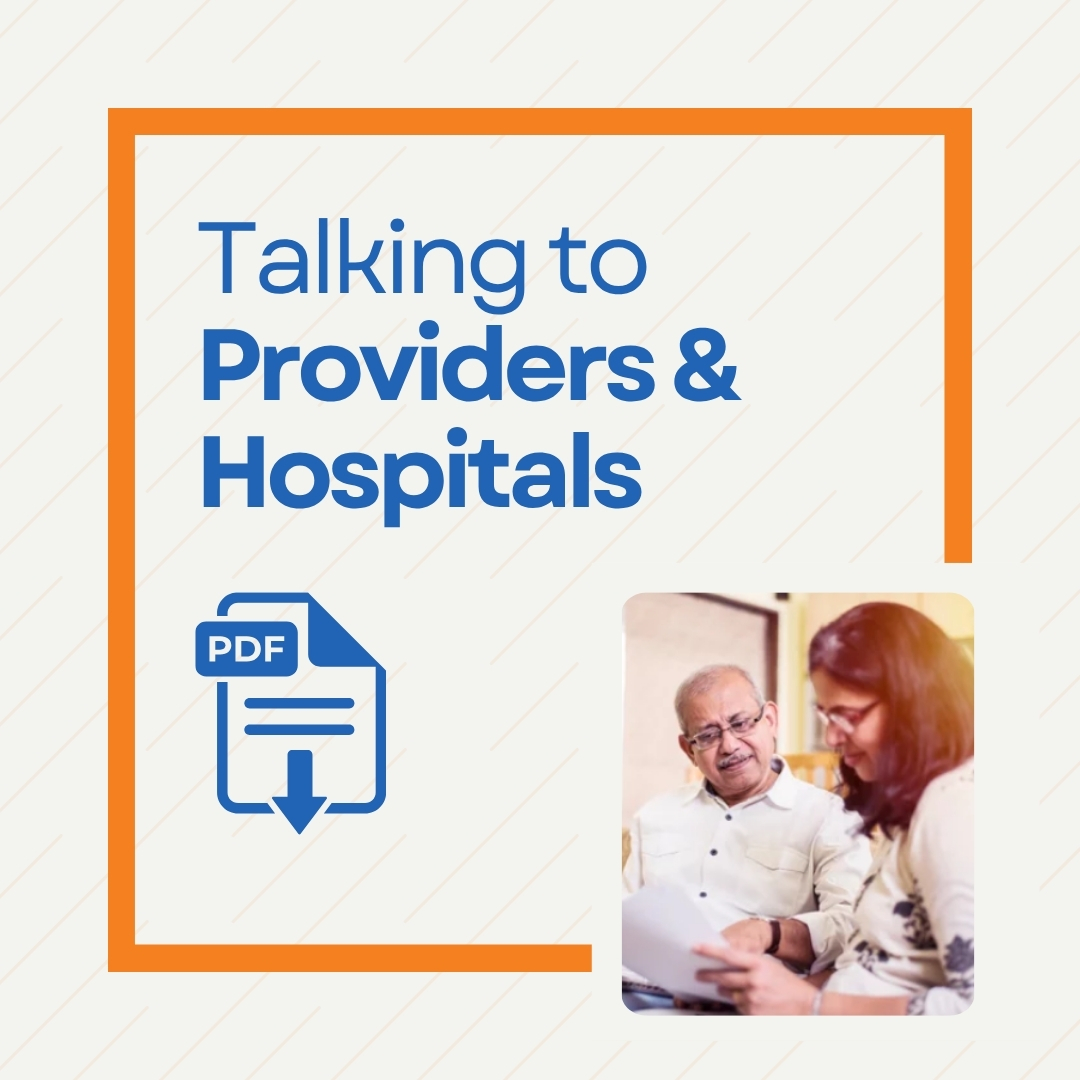
Hear from Elizabeth V., who was unable to locate her son with schizophrenia:
Mi hijo tiene esquizofrenia paranoide y tomé la decisión de internarlo para una evaluación. El tribunal estuvo de acuerdo, así que lo internaron. Me dijeron a qué hospital lo llevarían, a urgencias, así que fui allí. Pero luego desapareció y no supe adónde fue. No me dijeron a qué hospital lo llevaron para la evaluación. Solo que a una de las enfermeras se le escapó, y realmente creo que fue un error. En otras palabras, no debía decírmelo.
Así que averigüé en qué hospital estaba. Luego recibí una llamada de la trabajadora social del hospital porque mi hijo me había indicado como contacto de emergencia. Así que se sintió bastante cómoda haciéndome muchas preguntas. Intenté darle toda la información posible sobre qué medicamentos estaba tomando, qué le pasaba con su comportamiento, por qué lo había derivado para la evaluación, etc.
No recibí ninguna información sobre cómo estaba. Nada. Y usaré la palabra "no podía". La respuesta era "no quería". Pero ella no podía. Cumplía con las instrucciones, las reglas que debía seguir. Así que fue muy frustrante para mí. Todos los días la llamaba para ver si había cambiado algo, ya que ella intentaba obtener permiso de él para hablar conmigo. Pero él no me lo daba. No soy su tutora, así que no tengo el privilegio de solicitar información ni obtenerla.
Cuando estuvo 10 días en el hospital, el tribunal decidió que podía ser dado de alta. Y la trabajadora social me dijo que lo estaban dando de alta. No, perdón. Me dijo que lo estaban considerando. No sabía exactamente cuándo le darían el alta. De repente, recibí una llamada suya. Estaba en casa. Lo habían trasladado de Baltimore a su casa en Easton. Y tenía los papeles del alta que no me dejaba ver.
Así que ahora estoy atrapada. No sé cómo ayudarlo. No sé qué se supone que debe pasar. Conseguí una copia de la orden de alta. La orden decía que debía ver a un consejero y a un psiquiatra en esta fecha. Iba a haber una reunión por Zoom y le enviarían un correo electrónico para confirmar las horas y fechas de su cita. Una de las reuniones sería en el hospital de Baltimore. Lo que me impactó fue que no tenía un teléfono que funcionara. No tiene computadora. Nunca ha tenido una llamada por Zoom y no hay forma de que pudiera conducir solo a Baltimore.
De alguna manera, durante ese proceso de ser dado de alta, les engañó. No le hicieron preguntas como "¿Tiene un teléfono que funcione?". ¿Tiene computadora? ¿Funciona? ¿Puede conducir? ¿Puede conducir de Easton a Baltimore? De alguna manera, o bien no se hicieron esas preguntas, se presumieron las respuestas o, lo cual es muy típico de algunas personas con dificultades, pueden estar a la altura de las circunstancias y parecer maravillosos. Y eso fue extremadamente engañoso y muy frustrante. Así que lo llevaron de vuelta a casa y lo abandonaron.
Disparities Exacerbated by Overburdened Systems
- In low-resource settings, providers may have less time to navigate HIPAA intricacies or to secure the necessary consent for family involvement.
- Patients in marginalized groups may have lower health literacy or mistrust of the system, making them less likely to fill out the necessary paperwork to allow communication, often unintentionally cutting out essential caregivers.
Lack of Advocacy and Navigation Support
- Underserved populations often lack access to patient advocates who could help navigate both HIPAA and the mental health system. Without help, navigating consent processes becomes more difficult.
Disparities in access to mental health care—driven by geography, socioeconomic status, race, and culture—are deepened when HIPAA protections, though well-intended, isolate caregivers and complicate coordination of care.
For marginalized groups already struggling to access culturally appropriate services, the inability to engage family or community in care planning further widens the gap in outcomes.


